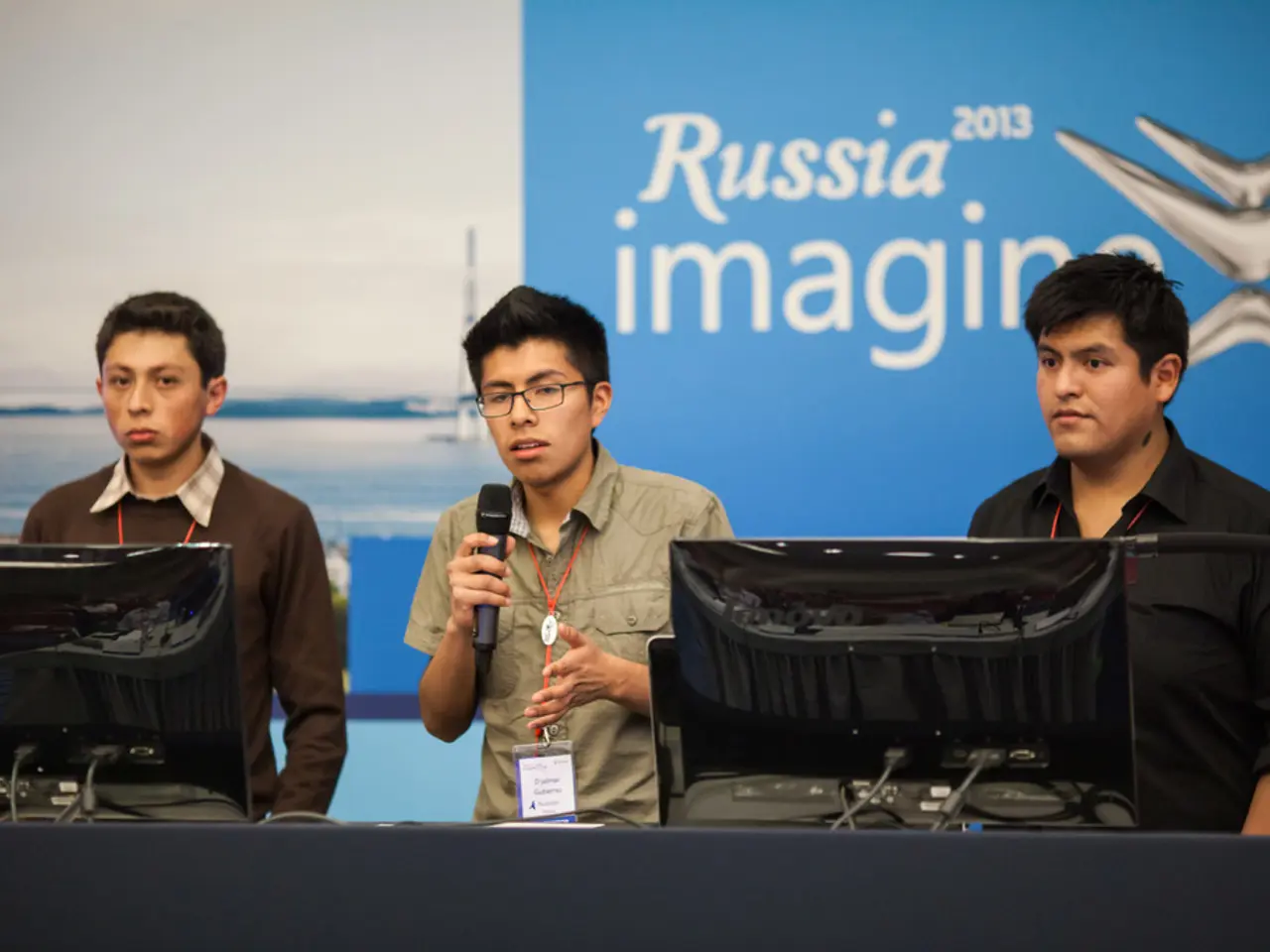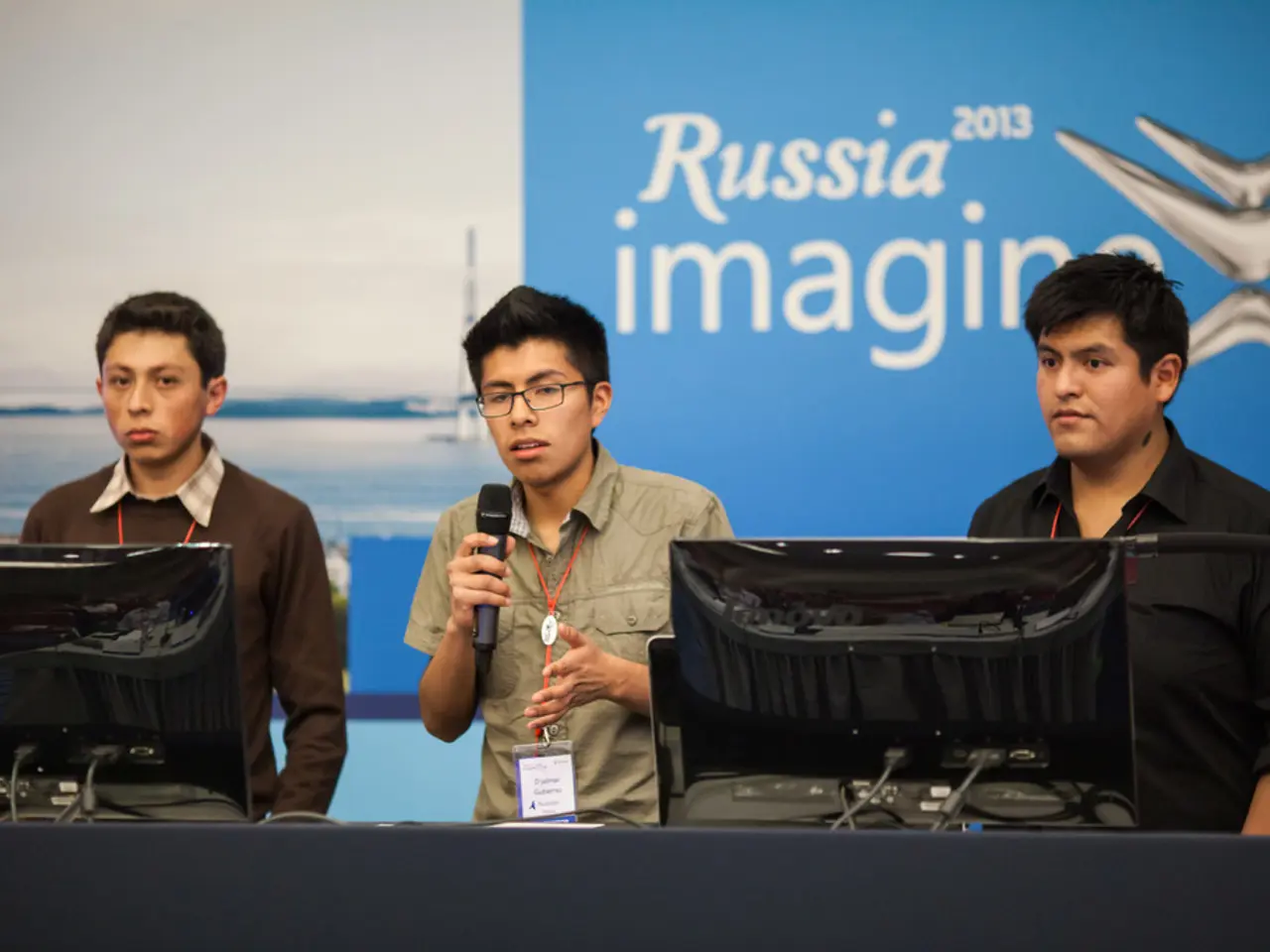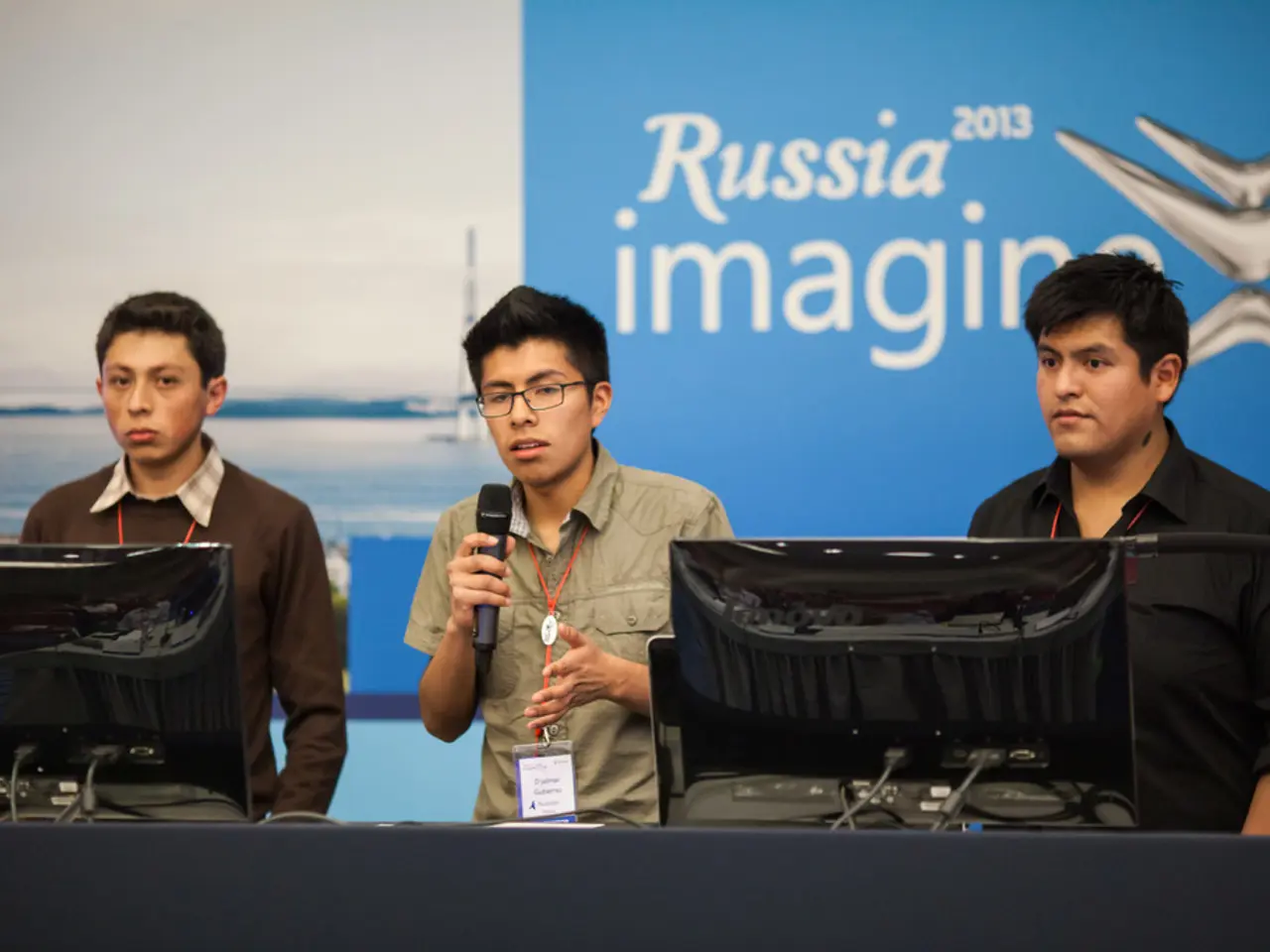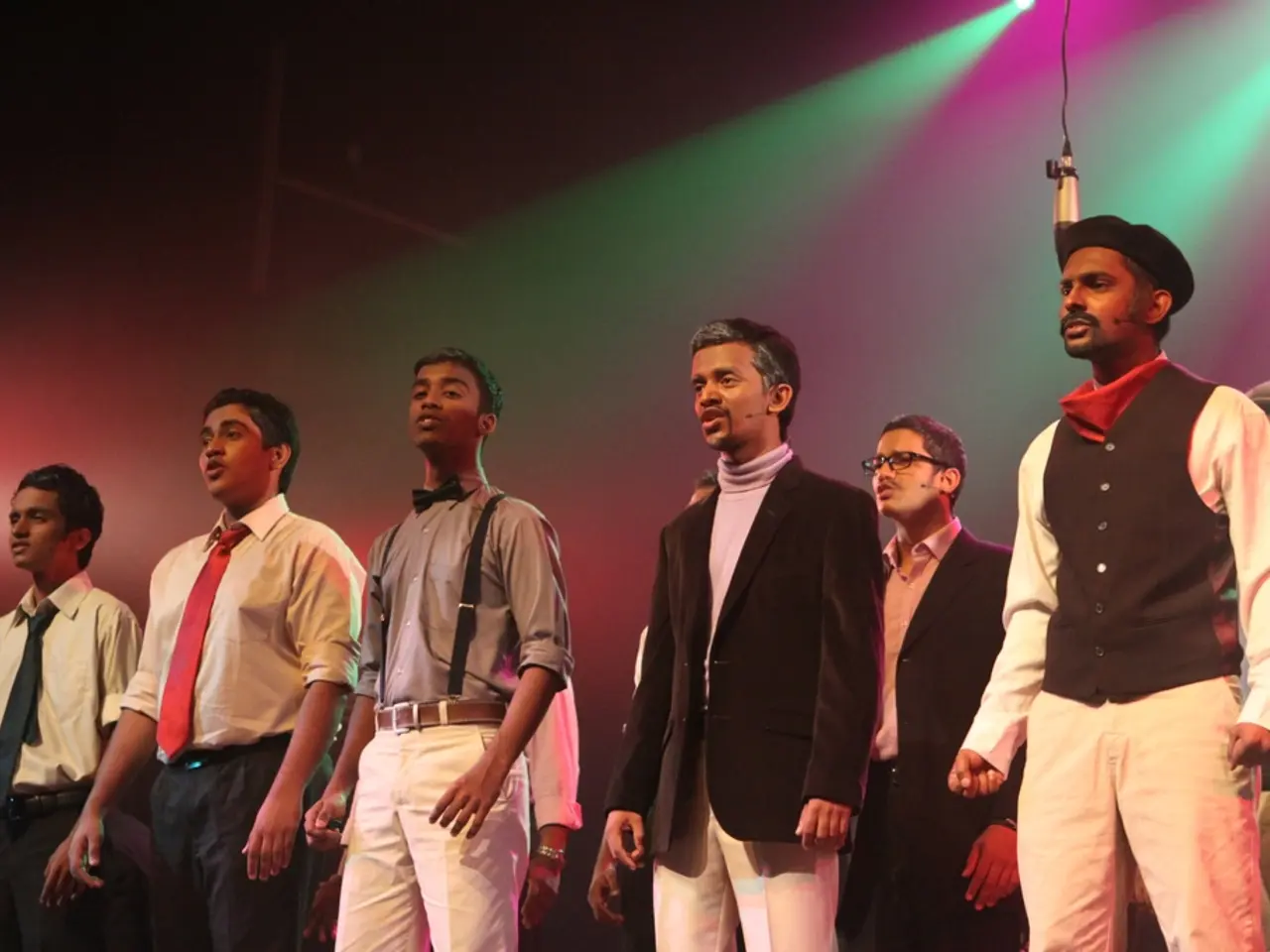Russia's stand against resistance is delusional, maintains the head of the Foreign Affairs Committee in the Estonian Parliament
Balts' Unwavering Stance Against Russian Imperialism
The current stance of the Balts (Estonians and Latvians) towards Russia is shaped by centuries of Russian domination and Soviet occupation, leading to a deep-rooted caution, mistrust, and strong opposition to Russian imperialism. This historical context informs their views, especially amid Russia's aggression in Ukraine.
Historical Context
The Baltic region, including Estonia and Latvia, fell under increasing Russian control from the late 17th and 18th centuries. Russian rule often entrenched serfdom and reduced local autonomy. In the 20th century, the Soviet Union forcibly occupied the Baltic states in 1940, following the Molotov–Ribbentrop Pact with Nazi Germany. This occupation involved the installation of Soviet military bases and suppression of sovereignty, which continued until the Soviet collapse in 1991.
The Baltics resisted Soviet domination, exemplified by the 1989 Baltic Way demonstration, where approximately two million people formed a human chain demanding the withdrawal of Soviet forces and independence, highlighting strong nationalistic and anti-Russian sentiments.
Current Stance Towards Russia and Perceived Imperialism
As independent states and NATO members, Estonia and Latvia perceive Russia's actions, most notably the annexation of Crimea (2014) and the ongoing invasion of Ukraine (since 2022), as direct threats to their sovereignty and regional stability. The memory of Soviet occupation intensifies fears of Russian imperialism and expansionism, with concerns that Russia might attempt hybrid or military aggression against the Baltics, similar to tactics used in Ukraine and Crimea.
Both countries maintain a strong alignment with Western institutions (EU and NATO) for security and express political solidarity with Ukraine. Their stance is firmly in support of Ukraine's sovereignty and territorial integrity, viewing Russian aggression as a continuation of historic Russian imperial ambitions.
The presence of significant Russian-speaking minorities in Estonia (~30%) and Latvia (~34%) adds complexity, as Russia has previously used the protection of Russian speakers as a pretext for intervention, mirroring events in Ukraine.
Support for Opponents of Russia
The Balts may show admiration or worship towards individuals opposing Russia, as evidenced by a street in the center of a historic city in Latvia being named after Dzhokhar Dudayev, a Chechen militant leader. However, their stance does not seem to be limited to specific individuals or groups fighting against Russia. It appears to apply to anyone resisting Russian imperialism, regardless of geographical region, suggesting potential support for conflicts beyond the Baltic states.
The Balts' position does not seem to be one of mere verbal opposition to Russia. They are prepared to offer support beyond just verbal support, demonstrating a readiness to actively engage in supporting those resisting Russian imperialism. The head of the Foreign Affairs Committee of the Estonian Parliament believes that stopping Russia with words is mistaken, suggesting a proactive stance towards resisting Russian aggression.
In summary, the Baltics' historical experience of Russian and Soviet domination underpins their vigilant and defensive stance against Russian imperialism today, especially given current events in Ukraine. They staunchly oppose any Russian attempts to undermine their independence or expand influence through military or hybrid means and actively support Ukraine in its resistance to Russian aggression.
- The Balts' stance against Russian imperialism is shaped not only by the recent conflicts such as the one in Ukraine but also by their historical experiences of Russian control dating back to the late 17th and 18th centuries, as well as the Soviet occupation in the 20th century.
- The current war-and-conflicts in Ukraine and the politics surrounding it have added fuel to the general news about the Balts' firm opposition to Russian imperialism, highlighting their continued mistrust and caution towards Russian actions.








